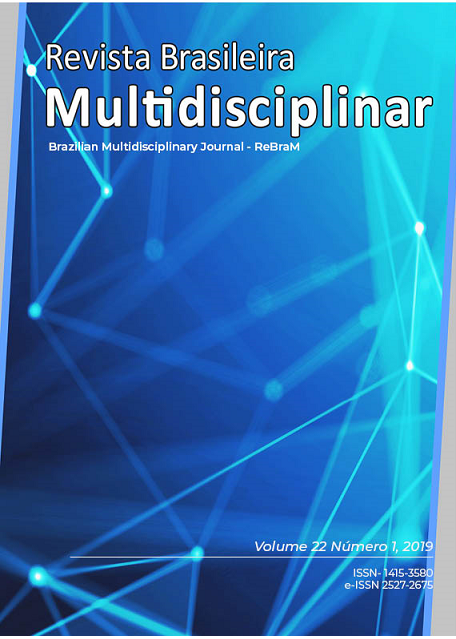Fundamental rights in the regulation of fundamental education: dignity of the human person of the teacher and quality of teaching
Main Article Content
Abstract
This paper aims to discuss the precarious condition of elementary school teachers in public schools, to the detriment of the State's duty to promote a decent education, based on fundamental principles present in the Constitution of the Republic of 1988 that govern such educational scope, in particular the one referring to the dignity of the human person with respect to the role of the teacher as one of the main agents acting in this context. To do so, it analyzes articles focused on the educational and historical scope, as well as relevant legislation and case studies with theoretical references on doctrine to reflect the relationship between theory and reality. Thus, the work focuses on teaching in Brazil, its implementation from the colonial period to the present day, demonstrating how the transformations in teaching are linked to the political configurations prevailing in certain historical contexts. Still, according to the references, it discusses the presence of the teacher as a fundamental subject in the maintenance of society within the scope of the teaching-learning process, observing its role as a formator of future citizens. Finally, it discusses the existence of norms and principles established in the Federal Constitution of 1988 and other laws, such as the Law of Guidelines and Bases of National Education, allowing to understand how the constitutional principles are disrespected by the politically and culturally precarious situation in which the teachers of the public education network in Brazil.
Downloads
Article Details
• The author (s) warrant that the contribution is original and unpublished and that it is not in the process of being evaluated in other journal (s);
• The journal is not responsible for the opinions, ideas and concepts issued in the texts, as they are the sole responsibility of the author (s);
• Publishers have the right to make textual adjustments and to adapt the article to the rules of publication.
Authors retain the copyright and grant the journal the right of first publication, with the work simultaneously licensed under the Creative Commons Attribution License, which allows the sharing of work with acknowledgment of authorship and initial publication in this journal.
Authors are authorized to take additional contracts separately, for non-exclusive distribution of the version of the work published in this journal (eg publish in institutional repository or as book chapter), with acknowledgment of authorship and initial publication in this journal.
Authors are allowed and encouraged to publish and distribute their work online (eg in institutional repositories or on their personal page) at any point before or during the editorial process, as this can generate productive changes as well as increase the impact and citation of the published work (See The Effect of Free Access) at http://opcit.eprints.org/oacitation-biblio.html





